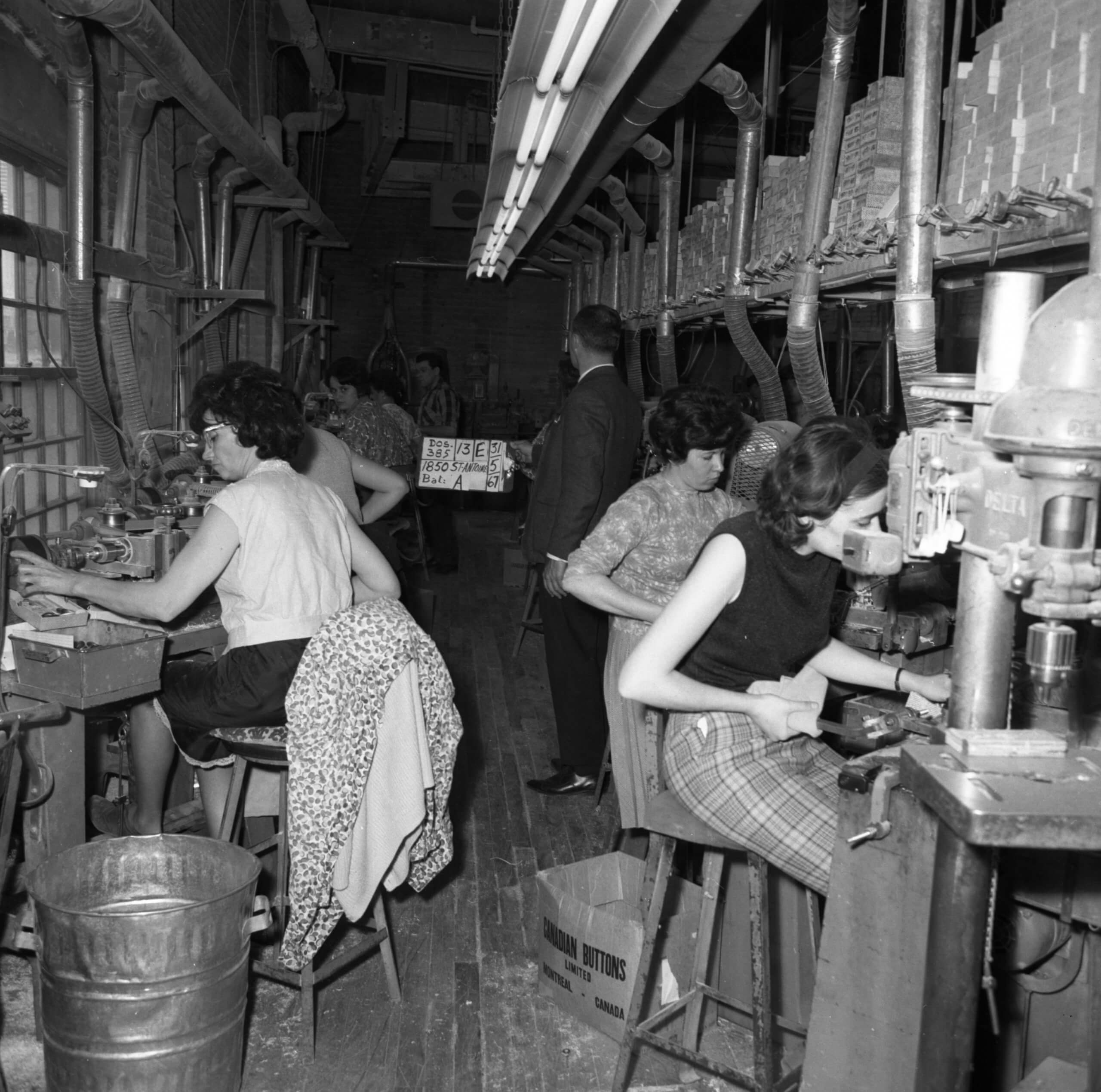The Work Experience
Teaching Labor's Story
The Work Experience
Overviews: Historical Context
Coming soon
3.1 Account of the Grand Federal Procession, 1788
An excerpt from a longer pamphlet describing the “Grand Federal Procession” of 1788, which celebrated the very recent ratification of the U.S. Constitution.
7.1 Destitution in West Virginia, Commission Report, 1922
An excerpt from a longer report describing living and working conditions of miners in West Virginia in 1922.
7.2 Margaret Haley, “Why Teachers Should Organize” 1904
An excerpted speech given by teacher union leader Margaret Haley to the general assembly of the National Education Association in 1904. It was also published in the Journal of Education.
7.4 Margaret Chanler Aldrich, “The Week Before Christmas,” December 20, 1911
This poem describes conditions faced by retail workers during the Christmas holiday season in the early 1900s. It is critical of wealthy shoppers who contribute to workers’ misery, and was used by the National Consumers’ League to encourage consumers to be allies by getting their shopping done early.
7.5 Lady Vaudeville and Her White Rats, 1909
Excerpt from George Fuller Golden’s 1909 memoir about his career as a Vaudeville artist and labor organizer.
8.1 UAW-CIO song, 1942
This song is about the struggles by auto workers to organize a union and their patriotic pride as both producers for and soldiers in the American war effort during World War II. It equates unionism with patriotism.
8.2 Blank Pay Days, 1933
This document is excerpted from an article written by a Chicago school teacher about how the Great Depression was affecting her work and personal life; published 1933 in The Saturday Evening Post.
8.5 Murder of Frank Hanes, 1939
These three letters describe the murder of an African American farm worker named Frank Hanes by Mississippi plantation owner Tom Alexander. Bernice Wims wrote to the U.S. attorney general to request an investigation, but the federal government refused to act.
8.7 The Soup Song ca. 1930
“The Soup Song” uses humor and sarcasm to convey workers’ experiences and attitudes during the Great Depression. As a widely popular participatory song, it was an effective tool for labor organizing.
9.4 DRUM, Demands 1969
All autoworkers on the Dodge assembly line were represented by United Auto Workers (UAW) Local 3, but some workers, particularly Black workers, did not feel equally protected and supported by their union. In 1969 a group of these autoworkers joined with community activists to form the Dodge Revolutionary Union Movement (DRUM). This is one of the first list of demands DRUM issued to Dodge management.
Era x is about lorem ipsum dolor sit amet, consectetur adipiscing elit. Ut elit tellus, luctus nec ullamcorper mattis, pulvinar dapibus leo.

